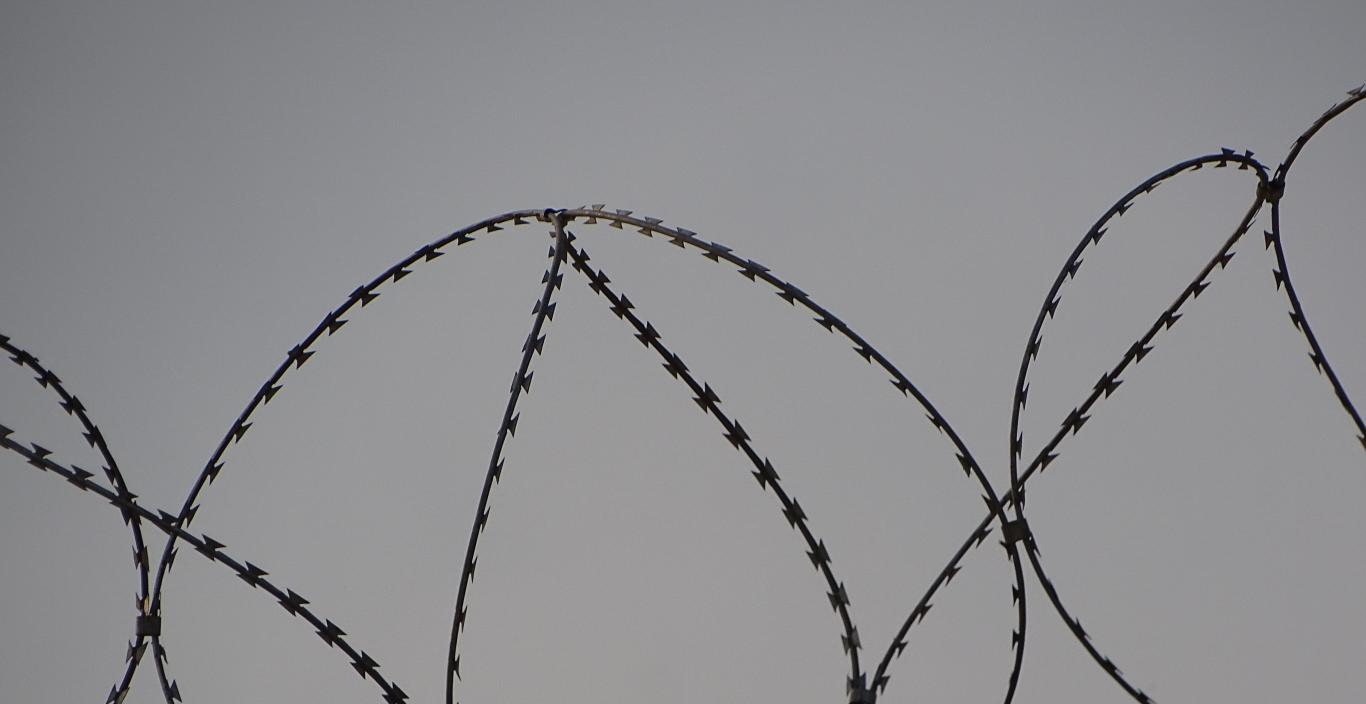There is often a disconnect between students and teachers. Especially in lower-income communities, it is common for educators to live outside of the school districts where they teach, making them unaware of violence and other challenges that affect their students outside of school, said Janelle Ridley, founder of Boston’s Transition H.O.P.E. Project.
Ridley has years of experience working with “system-involved youth,” such as those who have been in foster care or juvenile detention. She says that students feel profiled by the educators who are supposed to champion their success. The older they get, the less teachers expect from them.
Zero tolerance policies have only perpetuated the problem by treating the symptoms of bad behavior rather than the root cause.
“What we try to impart to our (graduate) students is that it’s about relationships,” said Evans. “I can give you all the strategies in the world, but if you don’t reach out to that student and get to know the student individually, it’s not going to work.”
Using an iceberg analogy, she said teachers have to go below the surface to understand what causes negative behavior. A willingness to see that racism and environmental issues can contribute to trauma — and that trauma impacts behavior, learning and relationships — are critical to creating the conditions for empowerment and resilience in children.
Across the great divide
Improving communication between schools and police has been a missing piece in the discussion, according to Jacoubs.
He shared the story of a violent incident in the life of one Plymouth family. Criminals mistook their apartment for that of a drug dealer, kicking the door off its hinges in the middle of the night and threatening the mother while her three children looked on. The next day, the kids arrived at school on time, but no one there knew about the incident.
“What’s the message to them?” Jacoubs asked. The answer: “No one cares.”
Using the Adverse Childhood Experiences research, Plymouth County law enforcement, social workers and schools are beginning to collect data on the traumatic events their students have experienced — from domestic violence to witnessing overdoses. Logging as many as 1,400 incidents in a year, Jacoubs showed a series of maps indicating a direct correlation with juvenile arraignments and neighborhoods with higher rates of violence and drug abuse.
With more information being collected, social workers and educators can provide children and their families with support in the aftermath of traumatic events, with the hopes that they won’t end up repeating the cycles of violence, drug abuse and incarceration that they’ve witnessed.
What’s the solution?
Don’t give up on these kids, said Ridley. Even when they’ve gone the full length of the “cradle to prison pipeline,” there is still hope.
“We just need to learn to reroute it into something positive,” she said.
Transition H.O.P.E. works with partners, including Lesley University and mentors, to guide students toward more education and a successful future.
“Consistency is key. A lot of people put their hope in [the students], and then when they have a stumble or spiral, they give up and move on,” Ridley explained. “The idea of anyone believing in them to go further scares the crap out of them, so they’d rather disappoint you than you actually put some hope in them.”
Earlier intervention is, of course, the better option, but there’s no easy answer on that front.
Evans emphasized the need for schools to have a plan, and that plan needs to incorporate school districts, law enforcement, community organizations and the Department of Children and Family Services.
“It takes outreach. It takes caring,” she said.
Teachers and students benefit from a broader understanding of trauma’s impact on learning, behavior and relationships. LIfTS runs a four course certificate program in trauma and learning to help educators understand what it takes to create safe and supportive classrooms where all children can thrive.
“With this shift in perspective, we can create environments that not only mitigate the effects of trauma but encourage resilience, hope and thriving in all students,” Crain de Galarce said.
Above all, teachers can’t give up on students.
“Their circumstance, no matter how bad it is, doesn’t determine their outcome,” said Charlot. “I’m a testament to that truth.”

